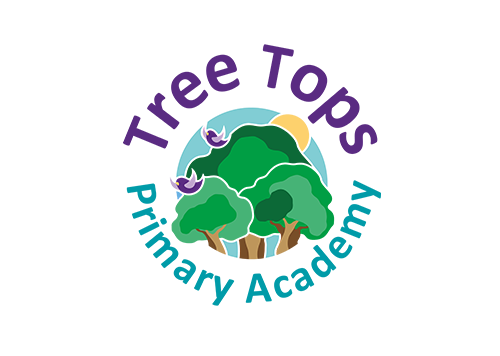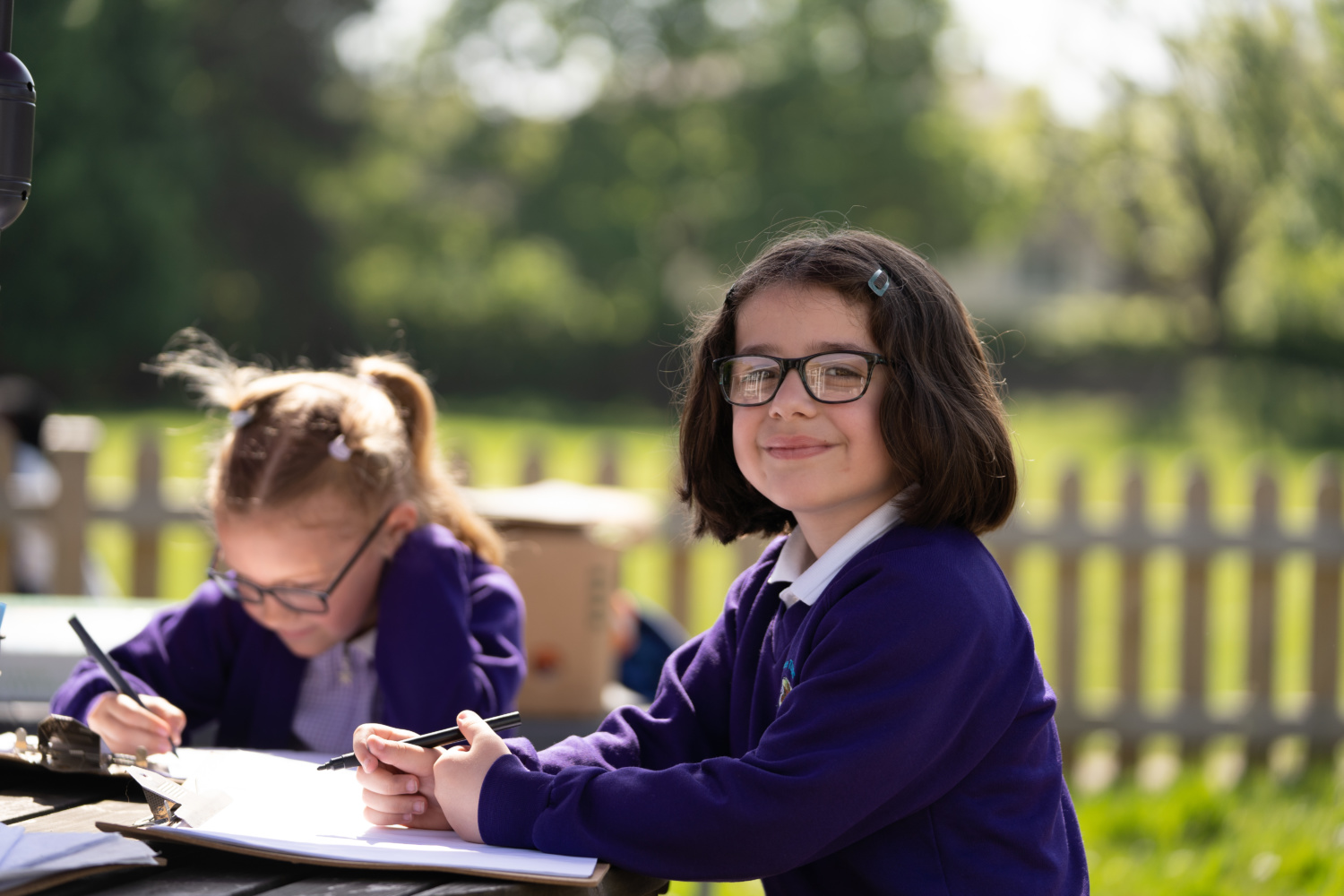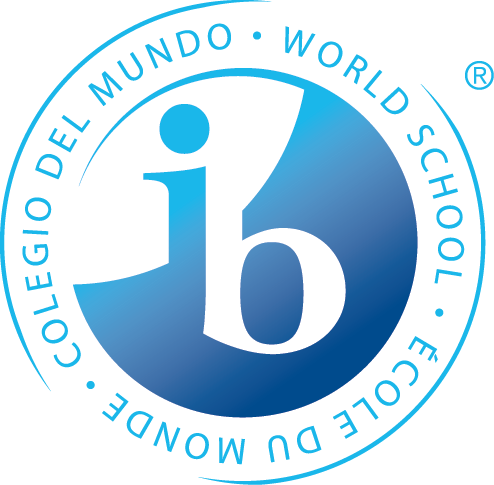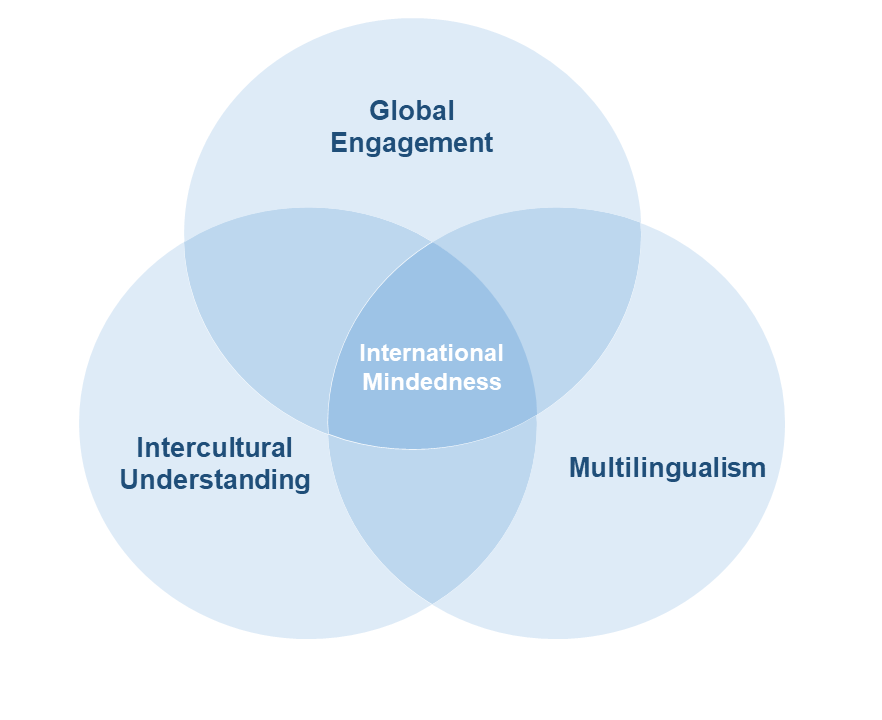The curriculum offer at Tree Tops Primary Academy is centred around inquiry based learning, which is underpinned by a set of core skills. We believe this approach to learning develops curiosity in our learners, enabling our pupils to learn about being a learner, while developing essential skills and attributes for future development, ultimately developing pupils as lifelong learners. Pupils attending our academy will also learn about themselves as individuals and others around them, learning how to manage their own well-being and the well-being of others. We believe this enables pupils to have high aspirations, knowing how to contribute positively both locally and globally, regardless of any disability or special educational need.
Sex and Relationship Education (SRE) is tailored to the needs of the individual pupil. It takes account of the learning needs, maturity and emotional development of our pupils and enables our pupils to make positive decisions about their lives. SRE develops understanding and lifelong learning about physician, sexual, moral and emotional development. It enables pupils to understand the importance of stable and loving relationships, respect, love and care, for family life.
At Tree Tops Primary Academy our vision for all pupils, staff and families, is to ensure learning and teaching is enhanced through the effective integration of digital technology. A planned Digital Strategy is in place to ensure that staff are trained and supported to provide pupils with the best teaching and learning experiences, and to ensure that all pupils have safe access to devices as part of their daily provision, supported by National Online Safety (NOS).
Our Curriculum has been carefully designed to enable the depth and breadth of the national curriculum to be explored through the transdisciplinary themes of the IB framework. At the heart of this are the attributes and expectations set out within the IB Learner Profile which our pupils are expected to demonstrate. Pupils at Tree Tops Primary Academy should be: Inquirers, Knowledgeable, Thinkers, Communicators, Principled, Open-Minded, Caring, Risk Takers, Balanced and Reflective. A key focus through our curriculum intent is to enrich all pupils’ learning with co-curricular opportunities to enrich their cultural capital and life chances. This includes both off and on-site experiences with organised trips and visitors to enrich the curriculum offer, providing children with wider experiences beyond their daily life, developing, inspiring and preparing pupils for future success.
Learning at Tree Tops Primary Academy is centred around inquiry-led learning, which enables pupils to take ownership of their learning. Inquiries are based on six transdisciplinary themes (Who We Are, Where We Are In Time and Place, How We Express Ourselves, How The World Works, How We Organise Ourselves and Sharing The Planet) which are clearly outlined in the Primary Years Programme (PYP). Through these transdisciplinary themes and an inquiry-led learning approach, teachers ensure coverage of the statutory requirements set out within the National Curriculum, with coverage being tracked. Learning and teaching is delivered through the PYP central idea with subjects intertwined in a relevant and interesting way to engage pupils, while providing opportunities for children to apply and learn a range of curriculum skills. In addition to this to ensure adequate coverage, discreet teaching and learning takes place for specific areas of the curriculum where and when appropriate.
We offer the Primary Years Programme (PYP) across all phases. Our personalised curriculum provides the challenge that encourages pupils to embrace and understand the connections between foundation subjects and the real world, and become critical and reflective thinkers. It also promotes a positive attitude to learning by encouraging pupils to solve problems, show creativity and resourcefulness, and participate actively in their local communities and within the academy. Our EYFS, Key stage 1 and 2 curriculum is planned collaboratively within our phase teams, with collaboration across other LAT primary academies. Each key stage has mapped their appropriate curriculum frameworks (EYFS Curriculum and the National Curriculum). This allows for the transdisciplinary themes to be planned with rigour ensuring the depth and breadth is covered whilst promoting pupil advocacy within the themes of the PYP programme.
Inquiry-led learning enables our pupils to make links between inquiries within their current year of learning and past years, throughout revisiting previous transdisciplinary themes, but with a new central idea. We believe that this continuous development of transdisciplinary themes enables our pupils to make connections within their learning, developing long term memory and their knowledge and understanding of the requirements set out within the National Curriculum. Pupils are assessed inline with National expectations, as well as teachers assessing their understanding of the central idea, using Solo Taxonomy.
In order to develop Pupils at our academy as lifelong learners we believe that it is vital that pupils take ownership of their learning. Throughout the Primary Years Programme pupils are encouraged to take ‘Agency’ in their learning, meaning that they have voice, choice and ownership throughout their learning journey. In order to support our pupils accomplish this we encourage pupils to have an active voice in the classroom, are given opportunities to demonstrate their knowledge independently and collaboratively and are given time to reflect on their learning and the learning of others.
Assessment is planned at regular milestone points to ensure a depth of understanding in all core and foundation subjects. Assessment includes formative and summative assessments, including regular opportunities for in-depth discussions and feedback with pupils about their learning. Assessment information informs next steps and future teaching, ensuring any possible misconceptions or gaps in knowledge and understanding are addressed. This is incorporated within a structured planning and sequence of learning to ensure curriculum coverage meets the individual needs of pupils. As pupils progress throughout their learning they are aware of the progress they have made and the steps they need to take in order to further succeed. Coverage is tracked, monitored and scrutinised to ensure all pupils meet the required standards of the National Curriculum.
As part of our continuous drive to raise standards and provide high quality education for pupils, Professional development for staff is provided through weekly CPD meetings, individual courses and training matched to individual needs. Teachers are supported to continuously develop practice through feedback from SLT following lesson drop-ins and professional conversations.
The curriculum is rigorously monitored by leadership at all levels, monitoring progress of individuals across the academy, identifying particular strengths and areas for further development. The academy understands the importance of both coverage and progress and assesses the application of skills across the curriculum. The quality provision of teaching and learning and the curriculum design enables pupils to progress in learning in an environment that meets their academic and emotional needs. We believe all children possess unique talents, skills and qualities and they have the right to succeed, the right to recognise their own greatness and the right to develop who they are in an environment that is safe, stimulating and supportive, which encourages them to strive for success. Our school ethos is firmly rooted in our values, with learning being the foundation of everything we do. All stakeholders, including pupils, have an active voice and are encouraged to contribute and feedback regularly on academy developments. Learners at Tree Tops Primary Academy will; develop a range of skills across the curriculum, which will be firmly rooted by knowledge, enabling them to showcase themselves at their best and perform in national tests in line with or above age related expectations for each phase of learning. This ensures that learners are prepared for each stage of transition, including Primary to Secondary. Learners leaving the academy will have a set of core values outlined by the IB Learner Profile, will understand that they are a lifelong learner and will be ready for the next stage in their educational journey.





